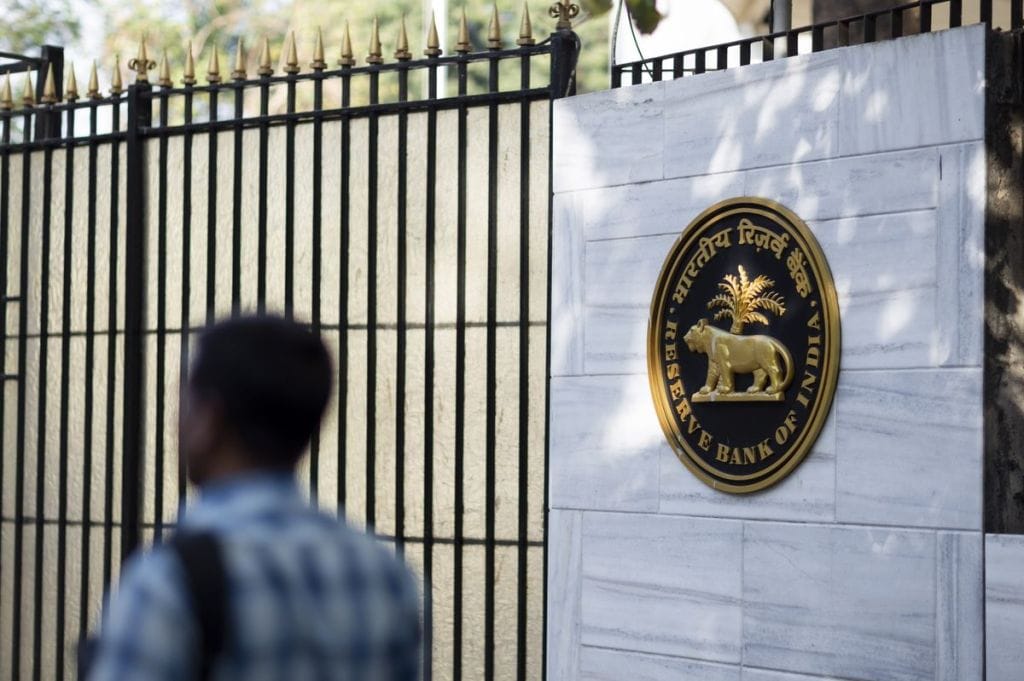Would the conflict in Ukraine put pressure on the Reserve Bank of India to shift gears in monetary policy? The answer is not a simple ‘yes’ or ‘no’; but experts see the RBI favouring growth over pressure from global forces in the near term. RBI released its MPC (Monetary Policy Committee) meeting minutes on Thursday, which indicated that the policymakers may not immediately react to escalating geopolitical tensions, and will continue to support domestic growth, economists say.
“The recent escalation in geopolitical tensions (pushing the crude oil prices above the US$100/bbl mark) will pose further upside risk to inflation. However, the minutes, for now, reaffirm that domestic policy actions may be decoupled from global policy reaction functions in the near term,” according to economists at Kotak Economic Research.
Crude boils, inflation heats up
On Thursday, oil prices rose above $100 per barrel for the first time since 2014, after Russia’s Vladimir Putin launched an offensive to invade Ukraine, hazing the prospects that overall inflation would subside. The move has created ripples in global markets and has put the global central banks, including the RBI, in a fix. The impact of high oil prices could hit Indian shores as well – raising the country’s fuel inflation, oil import bill. Also read: Russia-Ukraine crisis may raise retail inflation in India on costlier transport, higher oil import bill
“While the recent escalation of geopolitical tensions may further inflame crude oil prices, keeping inflation elevated in the next few months, the MPC members appear unlikely to choose to sacrifice growth to tame pressures arising from global forces.” Aditi Nayar, Chief Economist at ICRA Ratings said. We continue to expect a status quo in April 2022, given the continuing dovish tone of the MPC minutes, she added.
Repo rate expectations from RBI monetary policy actions:
- Barclays expects policy rate hikes of 50 bps, with repo rate to be 4.5% by end-2022, and reverse repo rate likely rising to 4.25%;
- Kotak Securities sees a 50 bps repo rate hike in FY2023;
- ICRA sees a change in the stance to neutral in June 2022;
- QuantEco expects a 50 bps increase in repo rate between August 2022 and March 2023
Inflation concerns: India is not behind the curve, says RBI DG Michael Patra
On inflation, RBI’s Deputy Governor Michael Patra recently dismissed concerns that India is behind the curve in comparison to its global peers and said price rise in India peaked in January. He warned that the fast pace of policy normalisation may “kill recovery”. He reiterated that inflation will fall from here on. RBI expects inflation for the fourth quarter at 5.7%, and for the current fiscal to moderate to 5.3%. For the upcoming fiscal, the central bank sees inflation to slow down to 4.5%.
”India is in a comfortable position as far as inflation is concerned. And, since that is there, we have the headroom to support growth and we will do so because we are dealing with lost output, lost livelihoods,” Patra said in a virtual address to the Asia Economic Dialogue 2022 Wednesday.
Policy normalisation to be slow
Barclays India said in a note Thursday that the dovish messaging on inflation makes it difficult to envisage the RBI hiking rates in the near term and will likely prefer a gradual path of policy normalisation.
Emkay also expects the RBI to go slow on policy transition adding that the central bank still has some flexibility to delay rate hikes. “The geo-political risks have risen substantially since the February policy and commodity price shocks could hit the economy hard, if persist. However, policymakers may not react immediately through the interest rate channel and let the exchange rate channel bear some adjustments,” Madhavi Arora, Lead Economist at Emkay said.

